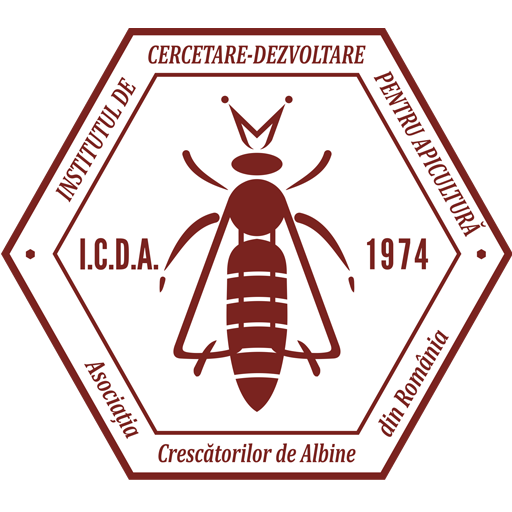[vc_row][vc_column][vc_column_text]
The Beekeeping Research and Development Institute represents the end result of many organisational systems that the beekeeping research knew over its evolution.
THE FIRST STAGE took place between 1930-1957. The first specialised institution in the Romanian beekeeping research was established in 1930 when an apicultural section was established in the National Institute for Zootechnics in Bucharest under the supervision of the great specialist Dr Florin Begnescu (1880-1949), the promoter of the scientifical bee research. A special tribute must be brought to the activity that took place on the Zootechnics Section of the Institute for Agricultural Research (ICAR) where there was already a lab for apicultural research because of the efforts of Dr. Baicoianu, a lab that functioned between 1939-1942.
THE SECOND STAGE is represented by the period between 1957-1974. In 1957, at the initiative of engineer N. Foti, the Central Station for Apiculture and Sericulture was set up, this being the result of the unification of two fields of activity into one institution – for apiculture and sericulture, that were functioning already within the Institute of Agronomic Research.
In 1971, in the Association of Beekeepers of Romania, it was established a Center for Studies, Development and Beekeeping Education.
THE THIRD STAGE in the evolution of The Beekeeping Institute began in 1974 and continues even today.
The most important moment in the Romanian beekeeping research was in June 1974 when the Institute for Research and Production in Beekeeping was established, reuniting the Central Station for Apiculture and Sericulture with the Center for Studies, Development and Beekeeping Education that belonged to the Association of Beekeepers of Romania. This historical moment was the fruit of labor of Prof. Veceslav Harnaj (1917-1988) president of APIMONDIA (1965-1985) and president of the Romanian Beekeepers Association (1957-1982).
Functioning in a new building belonging to the Romanian Beekeepers Association, and equipped with an excellent logistic and a highly educated team of scientists, the Institute became in a very short time the point of reference in various beekeeping specialties with a complex scientific activity.
The research activity was structured on sub-domains that closely resembled the organisational structure of APIMONDIA: Genetics and improvement of bees, Beekeeping technologies, Pollination and Melliferous Resources, The Chemistry and Technology of Beekeeping Products, Apitherapy, Beekeeping Pathology.
In 1997, in the new legislation context and the changes in the economic and research system, Institute for Research and Production in Beekeeping became the Beekeeping Research and Development Institute, a research and development private unit, belonging to the Romanian Beekeepers Association, its structure and objectives remaining the same.
[/vc_column_text][/vc_column][/vc_row]
